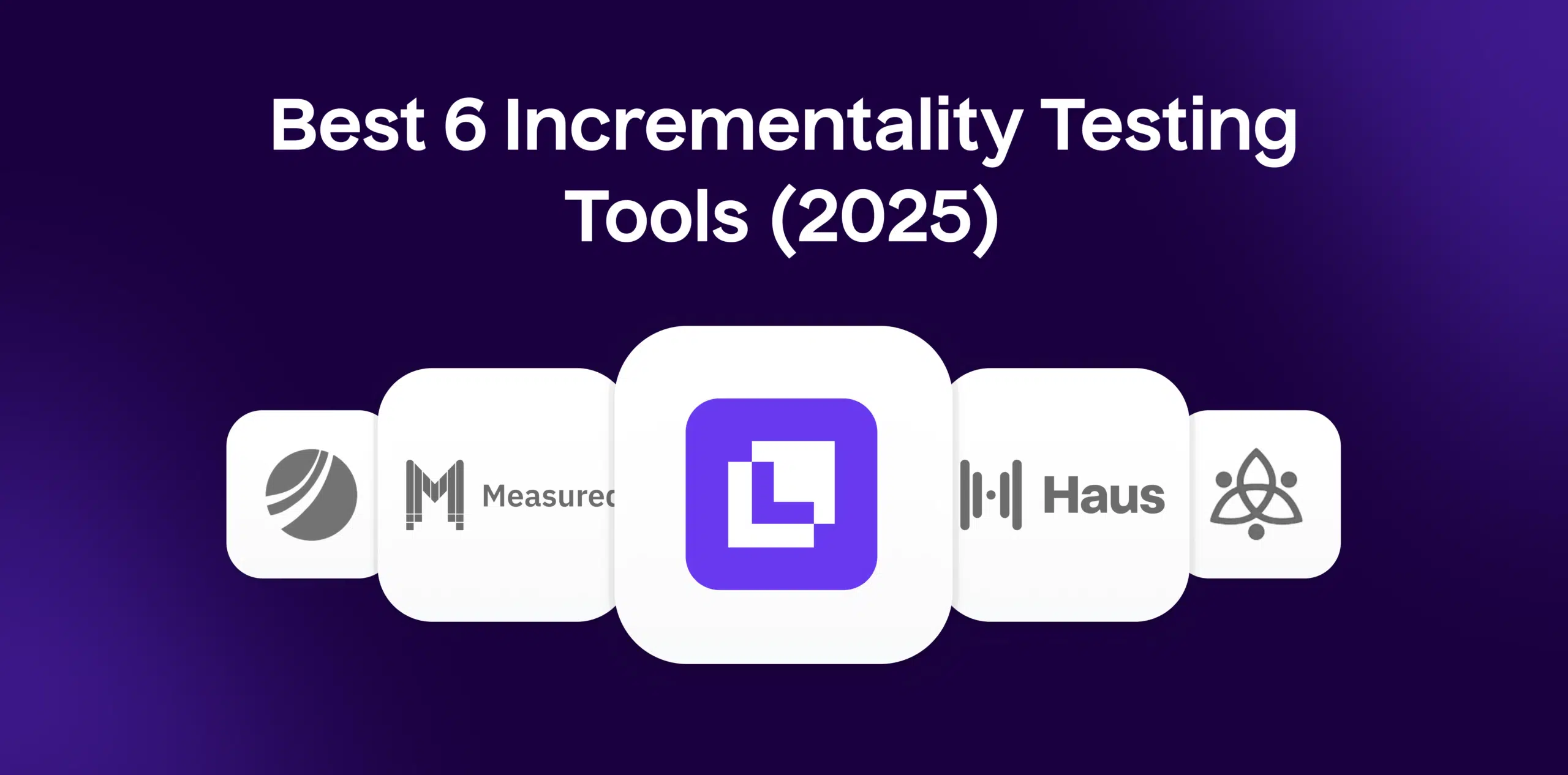What is Randomized Controlled Trial?
A Randomized Controlled Trial (RCT) is a powerful statistical technique utilized in e-commerce analytics that randomly allocates participants into an experimental group and a control group. This methodology is crucial in testing the effectiveness or impact of a specific variable or intervention. The principle being tested can range from marketing tactics to website design, product pricing, or new features.
The major advantage of this method is the random distribution of participants which ensures that the two groups (experimental and control) are identical in all respects, except for the variable or intervention being evaluated. This method effectively reduces confounding variables, ensuring more reliable results.
In an RCT, differentiating factors are reduced via the random assignment, making the effects of the intervention more apparent. Using RCT evaluations, e-commerce analysts can make informed decisions and optimize various features, consequently improving user experience and increasing profitability.
Formula
In RCT, we primarily calculate the difference in outcomes between control and treated groups.
Difference = (Mean outcome of Treatment group – Mean outcome of Control group)
Example
Suppose an e-commerce website is testing a new AI-driven product recommendation system. They can perform an RCT by randomly dividing their visitors into two groups. One group experiences the website with the AI system (Treatment group) and the other without (Control group). The performance is then measured by monitoring variables like customer engagement, average spending, and conversion rate.
Why is RCT important?
RCT has significant importance in e-commerce as it provides credible and unbiased results. RCT helps in testing and validating hypotheses about new features or changes in the website. It helps in improving the site’s effectiveness and provides data-driven insights to ensure the best user experience.
Which factors impact RCT?
RCT can be improved by ensuring a larger sample size for better statistical significance. Also, ensuring proper randomization and controlling for confounders can boost the reliability of results.
How can RCT be improved?
The factors impacting RCT can be an inadequate sample size, poor randomization, and failure to control confounders. Also, the choice of metrics for comparison can also impact the outcomes.
What is RCT’s relationship with other metrics?
RCT results can directly correlate with key performance indicators (KPIs) of e-commerce like conversion rates, average order value, and customer lifetime value. A positive hypothesis test result can lead to changes that enhance these metrics, leading to improved performance and profitability.
Free essential resources for success
Discover more from Lifesight














